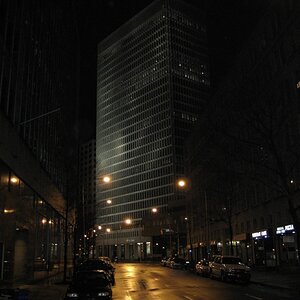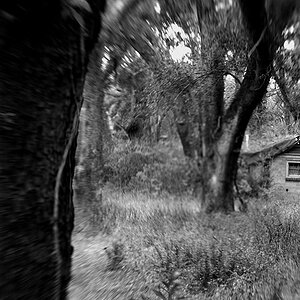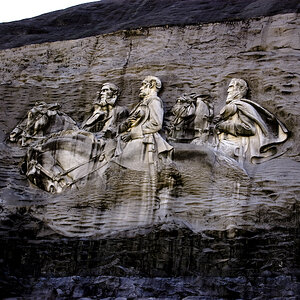K-Laa
TPF Noob!
- Joined
- Jul 11, 2016
- Messages
- 13
- Reaction score
- 1
- Can others edit my Photos
- Photos NOT OK to edit
While trying to stay a few steps ahead, I’ve already been looking into my next camera purchase. However, amidst of furthering my knowledge and doing my due diligence, I’ve seem to have stumble across two distinct buying patterns: 1) an individual will upgrade one camera at a time, multiple bodies, until he/she reaches the “cream of the crop”, so to speak, for his/her specific needs, and 2) an individual will go from whatever his/her starting camera is, to the “cream of the crop”, without the additional buys in between.
I’m curious …. What approach did you use? Do you think there is any particular significance to one or the other, or is it just a personal preference?
I’m curious …. What approach did you use? Do you think there is any particular significance to one or the other, or is it just a personal preference?


![[No title]](/data/xfmg/thumbnail/39/39292-4169a355b794ae9735845c4ad45d06ff.jpg?1619738958)
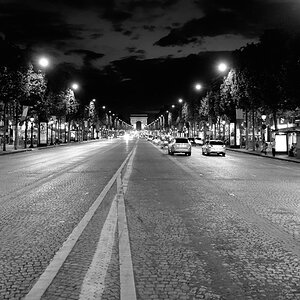
![[No title]](/data/xfmg/thumbnail/39/39293-55a527d2a9b287bf5e5b6d118abab22c.jpg?1619738958)
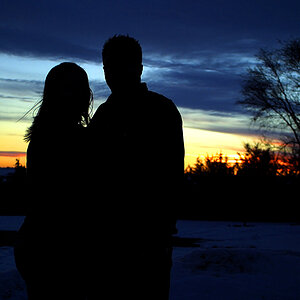
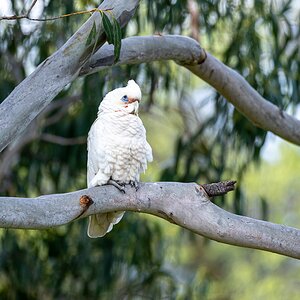
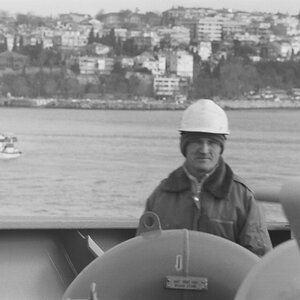


![[No title]](/data/xfmg/thumbnail/39/39290-dfb3e819bd94a7f30797638ae1ae27cf.jpg?1619738958)
